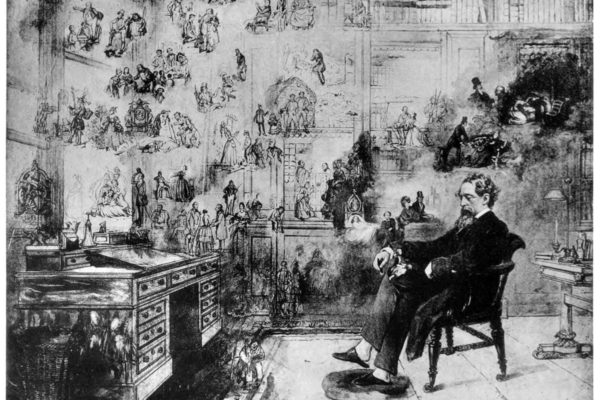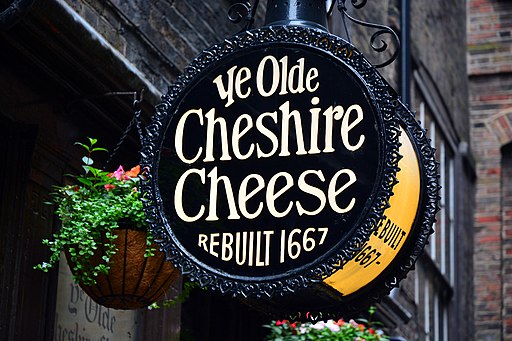The Victorian age was the age of the ghost story – the Victorians were fascinated by the supernatural, by all sorts of matters connected to the spirit world. Seances were popular; there was a lot of table rapping, there was that desire to communicate with the other world. There was also a deep interest in mesmerism – Dickens was a mesmerist, what we would call a hypnotist. There was even a Ghost Club founded in Cambridge in 1855 where a group of fellows discussed ghosts and psychic phenomena. It was launched officially in 1862 and Dickens was a member; other members were Sir Arthur Conan Doyle, Siegfried Sassoon, the WW1 poet and Peter Cushing, the actor who played Sherlock Holmes, Dracula and Doctor Frankenstein. It is still going strong today.
Of Dickens, his first biographer, John Forster wrote: Among his good things should not be omitted his telling of a ghost story. He had a hankering after ghosts.
He was not entirely a believer in ghosts; he was more inclined to think of such tales as illustrative of particular states of mind and processes of the imagination. But he made this strange comment after visiting a prison:
What if ghosts be one of the terrors of these jails? The more I think of it, the more I feel certain that not a few of these men are nightly visited by spectres.
It sounds here as if he did believe at times, depending on his own state of mind – the prison he visited may have brought back memories of the times as a child when he visited his father imprisoned for debt in the Marshalsea Prison in London.
And he said once to a friend: Don’t suppose that I am so bold and arrogant as to settle what can and what cannot be, after death. He was certainly curious enough to join the Ghost Club.
And he was superstitious – he would touch things for luck; he always had a superstitious habit of turning his bed in a north-south direction – he maintained he could not sleep in any other position.
Whatever he believed at different times, he knew the attraction of a good ghost story and there are twenty ghost stories in my Wordsworth edition of the complete ghost stories of Charles Dickens. These include: A Christmas Carol and The Haunted Man – both stories in which the ghost brings a message – the message that the haunted one needs to learn about unselfishness and forgiveness.
And whether he believed in ghosts or not, it is reported that days after his death, Dickens’ ghost was reportedly turning up in Victorian séance parlours, still narrating spooky tales from the other side of the grave. Whether this is true or not, one thing is certain: he still haunts us with his tales of that other world. And I myself wonder at times: am I haunted by Charles Dickens? Whose is that tread on the stair and why can I smell the smoke of a cigar? No one smokes in my house.



